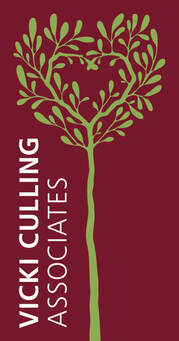Here in Aotearoa NZ, we don't promote kick-counting because a 'normal' amount of movement for some babies will be an increased or decreased amount for another. So we encourage you to focus on your baby's movements - are they a night owl? Do they move at particular times of the day? Have you noticed a change in those patterns?
Some quick facts about monitoring your babies movements (from the Still Aware website):
And the page on baby's movements from Tommy's in the UK.
Some quick facts about monitoring your babies movements (from the Still Aware website):
- It's important to remember that every baby, every body, and every pregnancy is different. Even if you've been pregnant before, it's important to remember this fact, so from day one try to avoid comparing your pregnancy to others.
- There is no set number of normal movements! Your baby will have their own pattern of movements that you can get to know. A movement can be described as anything from a kick, flutter, poke or roll. Generally, you'll start to feel 'flutters' between 16 and 24 weeks pregnant.
- The 'type' of movement may change as your pregnancy progresses, but it's important to remember that once a mother and baby have developed a routine, the strength, pattern and frequency of baby's movements should remain consistent. Movements do NOT 'slow down' or become weaker towards the end of your pregnancy.
And the page on baby's movements from Tommy's in the UK.
